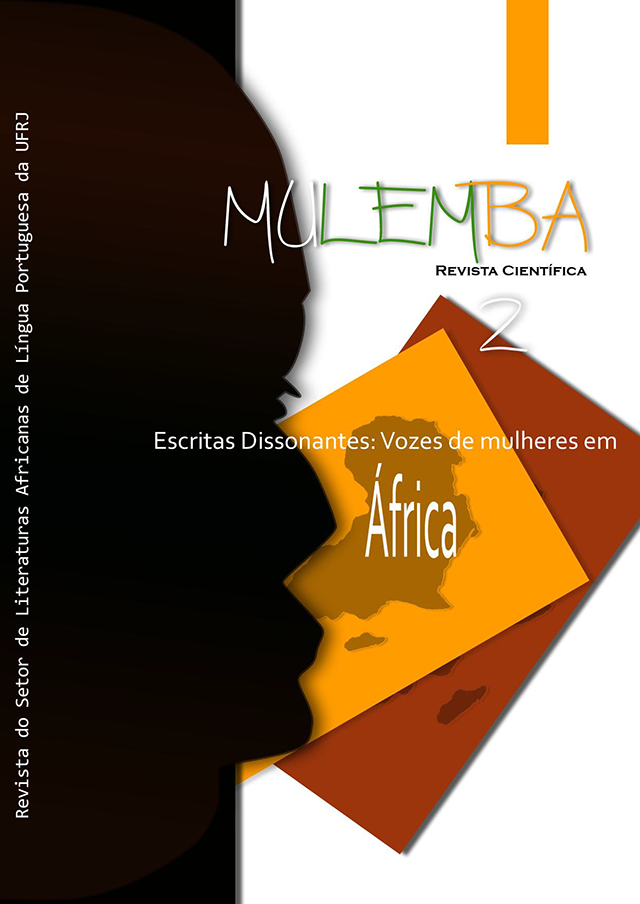A ÁFRICA E O FEMININO EM PAULINA CHIZIANE
DOI:
https://doi.org/10.35520/mulemba.2010.v2n2a4687Keywords:
Paulina Chiziane, romances, feminino, Moçambique.Abstract
O presente trabalho é parte dos resultados de pesquisas realizadas acerca da obra da escritora moçambicana Paulina Chiziane, no decorrer de Estágio Pós-Doutoral, realizado na UFRJ, sob a supervisão da Profa. Dra. Carmen Lucia Tindó Ribeiro Secco. O enfoque principal versará sobre a análise da ação das personagens femininas: Sarnau, Rami, Delfina e Maria das Dores, dos romances Balada de amor ao vento, Niketche: uma história de poligamia e O alegre canto da perdiz. Tais personagens, para além de suas complexidades estéticas, serão lidas como representações dos dilemas culturais, históricos e sociais vivenciados pela mulher moçambicana na atualidade. Como seres de “fronteira” que são, entre a tradição e os sistemas culturais impostos pelos colonizadores, elas se movimentam reafirmando ou rejeitando os valores patriarcais em voga em Moçambique. Se por um lado, a escritora espelha uma mulher sofrida, oprimida e “decaída” do ponto de vista simbólico, por outro, ela nutre as suas personagens femininas de muita força, sabedoria e determinação.
PALAVRAS-CHAVE: Paulina Chiziane, romances, feminino, Moçambique.
Downloads
Downloads
Published
Issue
Section
License
Authors who publish with this journal agree to the following terms:
- Authors retain copyright and grant the journal right of first publication with the work simultaneously licensed under a Creative Commons Attribution License that allows others to share the work with an acknowledgement of the work's authorship and initial publication in this journal.
- Authors are able to enter into separate, additional contractual arrangements for the non-exclusive distribution of the journal's published version of the work (e.g., post it to an institutional repository or publish it in a book), with an acknowledgement of its initial publication in this journal.
- Authors are permitted and encouraged to post their work online (e.g., in institutional repositories or on their website) prior to and during the submission process, as it can lead to productive exchanges, as well as earlier and greater citation of published work (See The Effect of Open Access).

